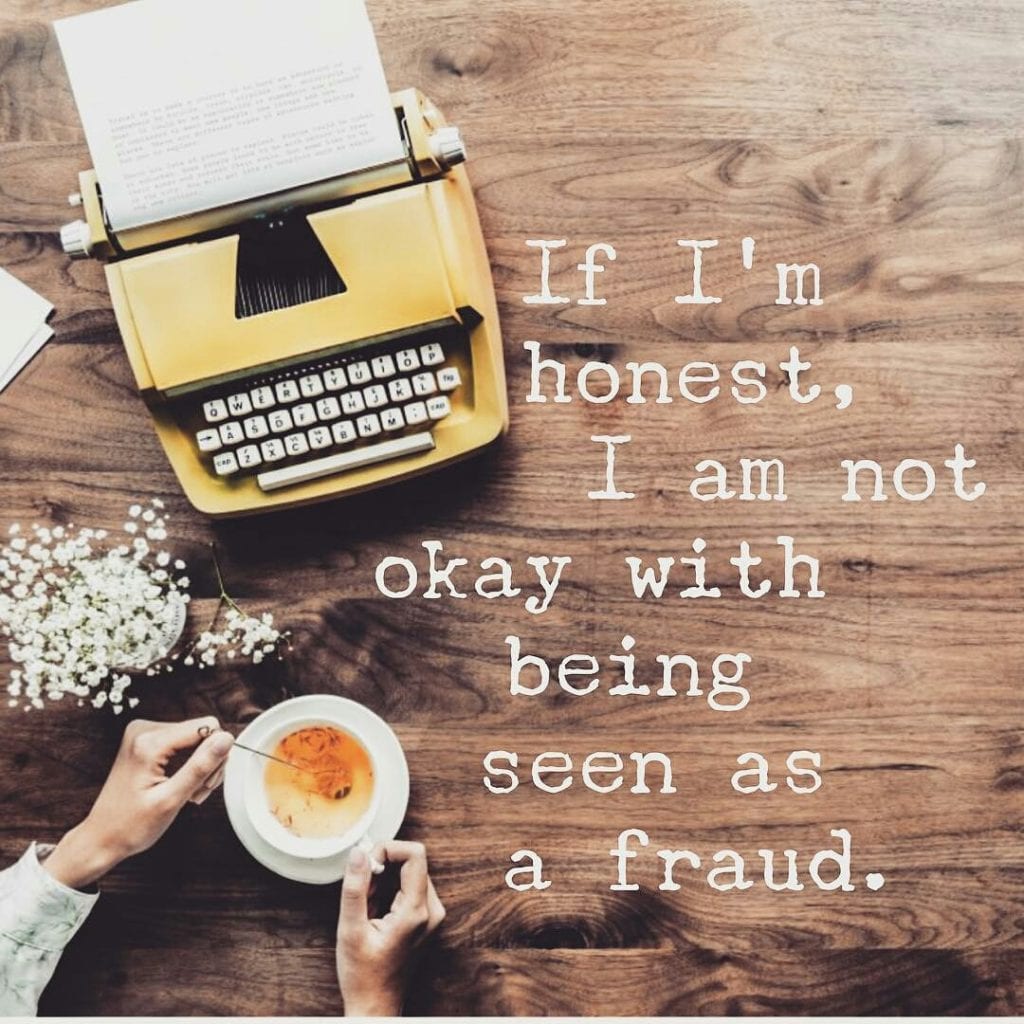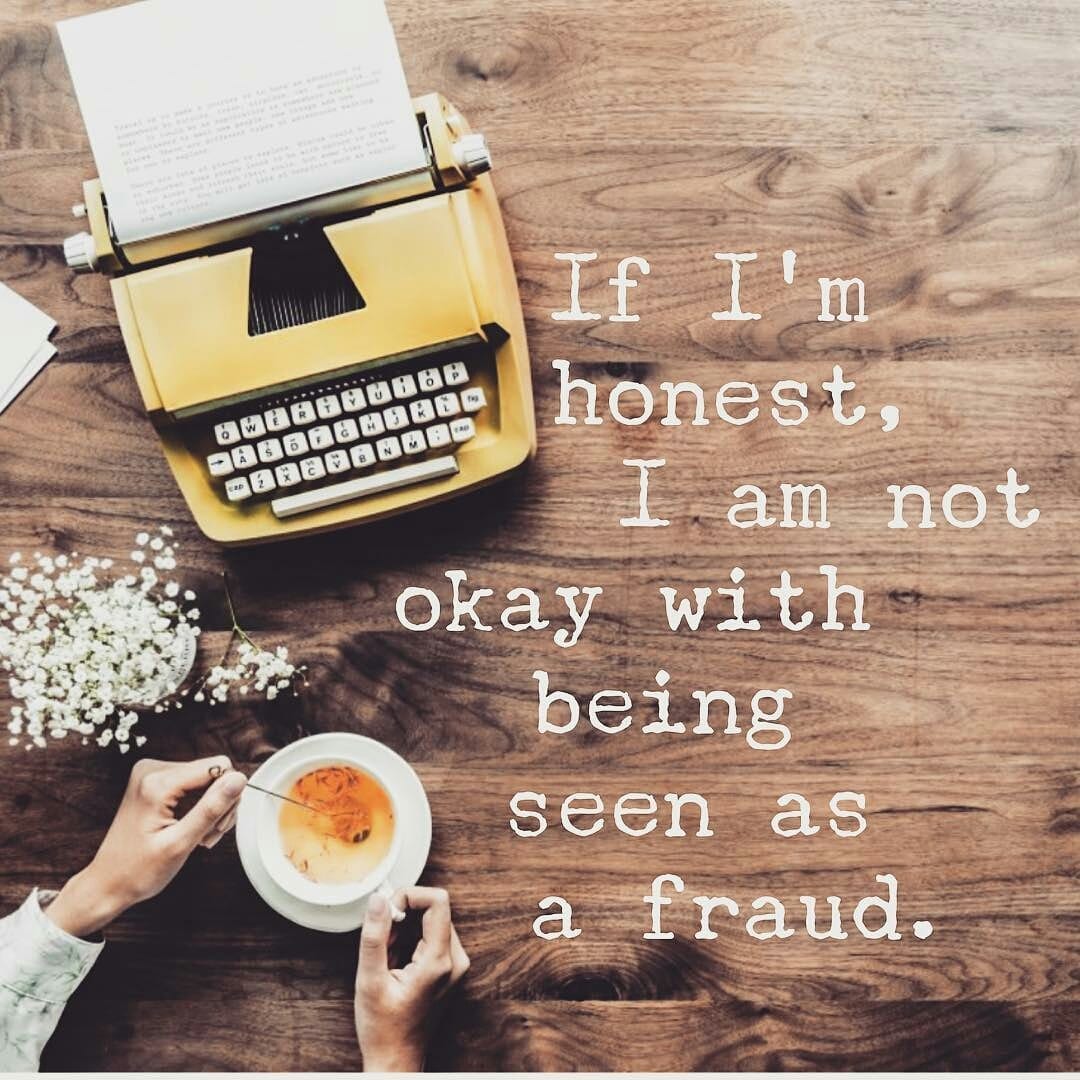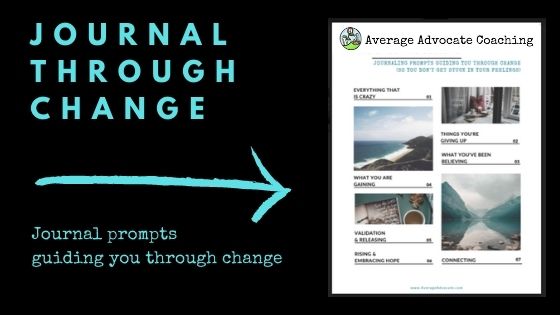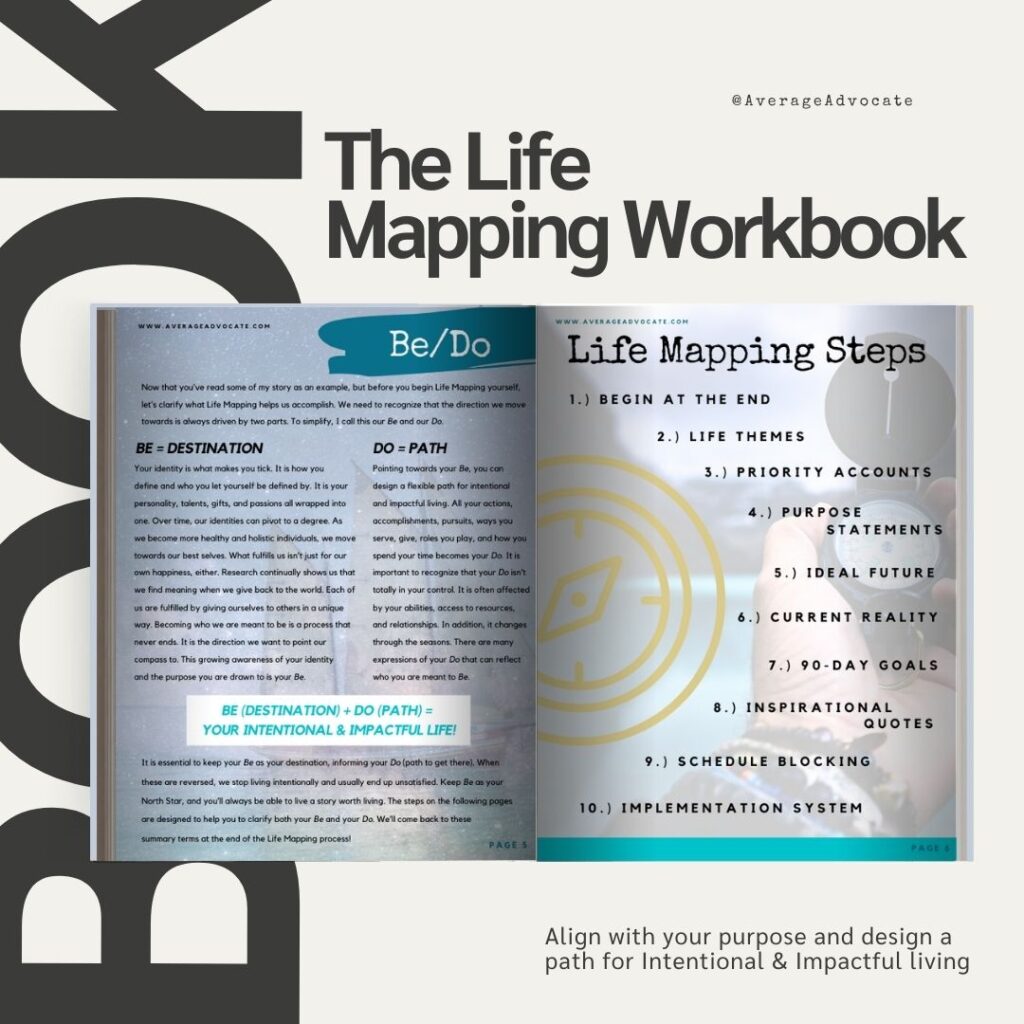I think I’m a fraud.
I did the correct things in the right order. I read the guidelines thrice. I edited my word count and submitted in the appropriate format.
I slowly wound my way through the bureaucracy of writing, posting, submitting, designing. I built trust and loved on the few who were called to hear this message.
It never became big; I never garnered a following.
It felt like I was a fraud.
So I spent those years in the trenches, usually learning the slow, hard way, without enough money or time to purchase the help I needed or get “somewhere” quickly. By the time I was proud of myself for learning the new thing, pouring hours into mastering whatever the thing might be, a new technology had already been created to do it for me.
Hours wasted; years of work gone, spent.
I followed the formulas, too, the sequences, the seven-steps, and the ordered paths. Set forth by marketing masterminds and blogger gurus, these blueprints were arduous and exhausting to implement. They chafed at my dyslexic brain as I fought to grasp their sorcery–so effective, so improbable to comprehend, and so impossible to implement.
I wrote my bio as if I am someone. I seem impressive, and what I said is all still true. But I still feel like I am presenting a facade for I am really quite ordinary.
But the message went out. Only to a few. But those few heard. I did my best to bless them and serve them well.
It was worth it; it is worth it, I must tell myself over and again. My calling feels so big . . .

The rest of this post is found at Red Tent Living, as I talk about writing, identity and how we can moving forward past impostor syndrome from the context of spiritual faith.
Then read the next two posts in the series here:
Identity Theft: Impostor Syndrome Pt.2











